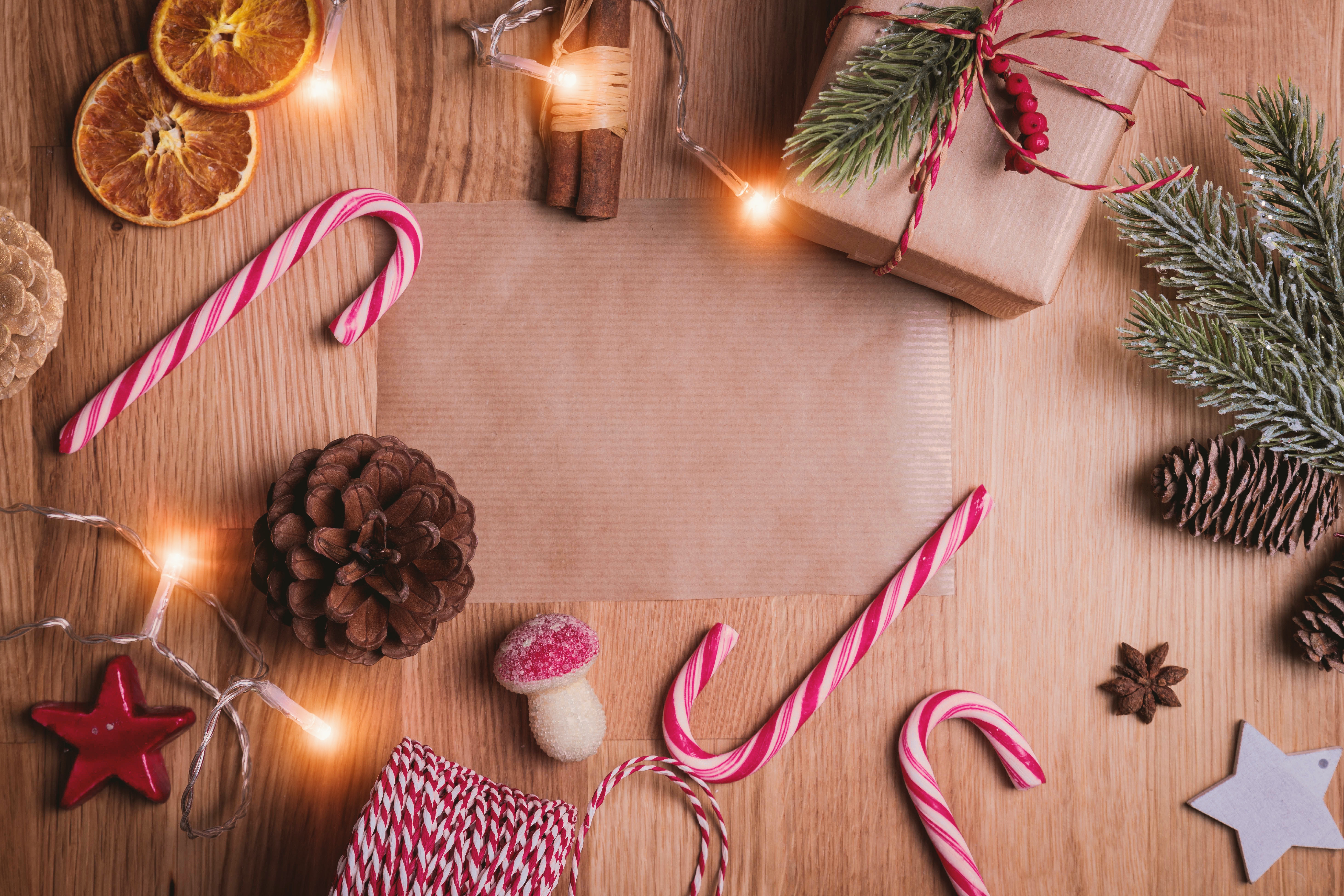How to have a Merry and Sustainable Christmas

How to have a Merry and Sustainable Christmas
Christmas is coming. And for many of us, the Festive Season marks a period of extravagance when moderation goes MIA! From dining, decorating, to gifting and receiving, everything is done to excess, with lots of frenzied shopping fuelled by attractive deals and discounts.
But beyond diluting the true spirit of Christmas – and breaking the bank, over-consumption also comes at a great cost to our environment, because the more we buy, the more resources are extracted, and the more climate emissions are generated. Manufacturing and transporting gifts and other goods use large amounts of energy and non-renewable natural resources, flooding our environment with toxic by-products and planet-warming emissions.
And then there’s the waste that follows. The average person produces 25% more waste during the holiday season, only a tiny fraction of which is recycled. The rest, including packing material, unwanted gifts, and other items, often goes straight to landfill.
So, how can we change our normal consumption habits into more sustainable ones? Well, being kind to the planet and adopting a sustainable approach during a time traditionally associated with indulgence and excess is easier than you might think.
AT HOME…
Branch Out. Artificial Xmas trees are made from plastic, and unless yours is recycled, it’s time to go green! Real trees are biodegradable while artificial ones take centuries to break down. But for the most sustainable option of all, buy a living tree in a pot which you can replant. Ditch the tinsel and decorate it with paper stars, velvet ribbons and treasured ornaments. Or choose handcrafted baubles made of wood or recycled glass to reduce landfill – and your carbon footprint.
Set the scene. Entries, fireplaces and staircases look magnificent twined with leaves, ivy and LED fairy lights or arranged with swathes of foliage and flowers. Or get the kids busy making paper chains and hang ribbons from ceilings and bannisters.
Top table. Instead of plastic or paper plates, pull out your family dinner service or curate a mix of vintage dinnerware. Swathe your table in vintage fabric and style it with raw linens and homemade eco-friendly bonbons, dried florals, vintage glassware, trailing ivy and candlelight.
Heaven scent. Add instant nostalgic cheer with natural scents like roasted chestnuts, bundles of cinnamon, dried oranges, incense or a candle fragrant with frankincense. Lightly mist the air and allow the natural scent of Christmas fill your home.
Light the way. Stay environmentally friendly and keep the power bill down with non-toxic beeswax candles, energy-efficient LED lights that don’t burn precious fossil fuels or solar-powered fairy lights, which use 100% clean energy.
Wrap it up. Piles of wrapping paper will inevitably end up in the bin, so keep an eye on what can be recycled. Avoid anything with glitter or foil, or that has plastic on it. Instead, rummage through your local op shop for silk and velvet offcuts, recycle your kid’s artwork or use handprinted butcher’s paper in place of wrapping paper. Or wrap your gifts in a cotton tote or tea towel as a bonus gift!
OUT SHOPPING…
Support independent retailers and local businesses. Why? Because this allows money to remain in the local economy and leads to a more considered approach to spending, instead of responding to marketing from the large retailers.
Shop ethically. There are lots of websites that sell products from a range of brands and businesses with ethical priorities, so you don’t need to spend time tracking down different providers. There are hundreds of smaller independents out there, who sell through marketplaces like eBay and Etsy and choosing to buy through these bigger marketplaces can protect consumers against buying unsustainable products while also supporting independent makers.
Buy less stuff. Of course, the most sustainable way to approach Christmas is to simply buy less stuff, if anything at all. Instead, give someone an ‘experience’, be it tickets for events, days out or classes or donate to a charity in their name.
The most important thing to remember is that as consumers we (always) have a choice to switch our focus from the materialistic back to the true spirit of the festive season. Reducing, reusing, and repurposing stuff is a great place to start – and it's a wonderful opportunity to get creative.
